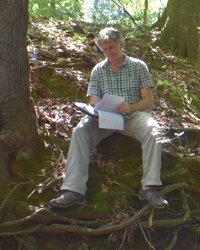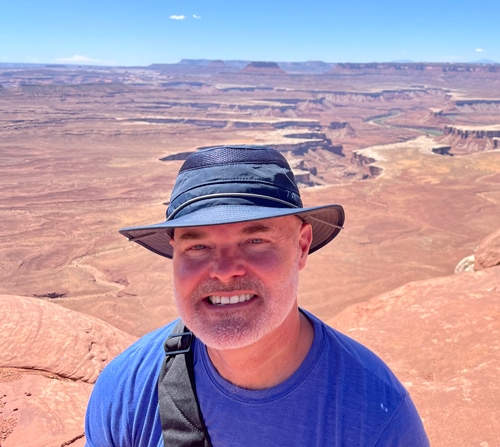In this episode of the Engineering With Nature® Podcast, our guests are Dr. Brian Bledsoe, Director of the Institute for Resilient Infrastructure Systems (IRIS) at the University of Georgia and Dr. Todd Bridges, Senior Research Scientist for Environmental Science, with the US Army Corps of Engineers, and founder and national lead of the Engineering With Nature (EWN) initiative and the sponsor of this podcast. They discuss a new partnership, the Network for Engineering With Nature (N-EWN), to promote the development of new practice and fostering in the next generation of scientists, engineers, business leaders, and decision makers the drive, passion and expertise for delivering nature-based solutions for infrastructure.
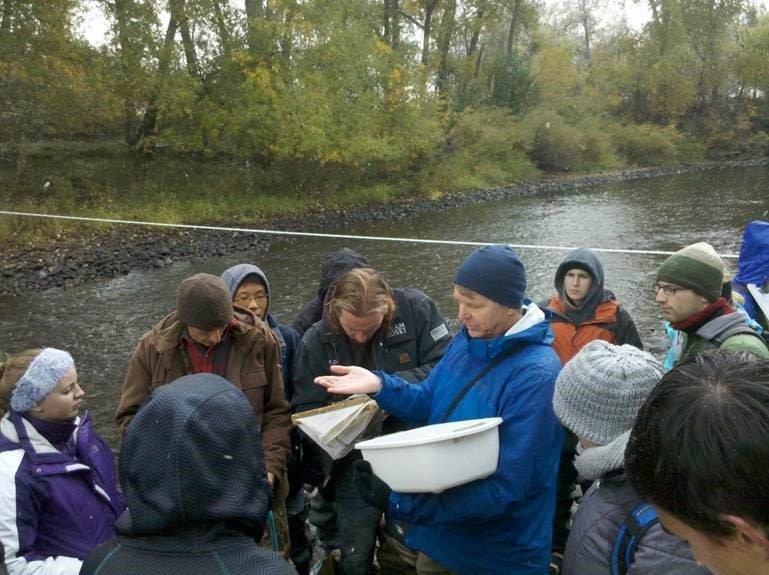
IRIS and EWN have a lot in common. IRIS’ vision is to unite the conventional ‘gray’ infrastructure with ‘green’ or natural infrastructure to deliver a broader array of benefits, all the time, for people and society. In the past, infrastructure development was almost exclusively driven by engineering expertise. The progression now underway in infrastructure development combines environmental and social expertise and practices with engineering, providing a multidisciplinary approach to collaboration, outreach, communication and solution development. IRIS has effectively bridged the divide between different disciplinary perspectives – engineers, ecologists, social scientists, public health practitioners, landscape architects, lawyers and policy experts – by, as Brian says, being open and humble and coming together to find equitable and sustainable solutions to 21st century infrastructure problems.
Reciprocal visits by individuals and groups from the University of Georgia and the Army Corps’ Engineer Research and Development Center quickly established that the two organizations were on the same page and the conditions were set for developing the N-EWN, which launched October 16, – a partnership focusing on two major components: research and education. Research is needed to integrate engineering practice with natural systems, while also actively engaging practitioners and the communities that are going to receive and benefit from future infrastructure. Infusing EWN principles and approaches into professional training and education will support the professional development of practicing engineers – for example, within the Army Corps of Engineers and the private sector – as well as the development of future engineers, ecologists and social scientists, through new courses and curricula.
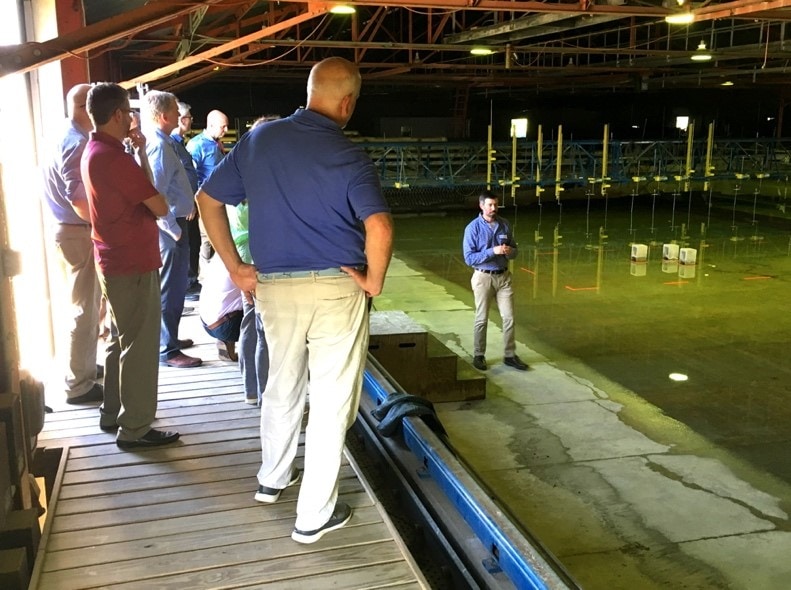
As Todd and Brian discuss, current research activities within the N-EWN fall into four areas:
- Developing rigorous engineering methods, standards and guidelines for planning, design, construction, finance and engagement;
- Making the value case for Engineering With Nature projects and natural infrastructure that recognizes a broader set of benefits;
- Rigorously monitoring these projects to improve understanding and consistency in how these systems perform over time; and
- Engaging with communities and working with people to develop policies that enable deployment of natural infrastructure.
When asked why this connection between academia and the Army Corps is so critical now, Todd was emphatic:
Because we seek a revolution. The Army Corps of Engineers began as an institution to support a revolution in the year 1775. That revolution was a different one of course, but that was the start of the Army Corps of Engineers. Today in 2020, we have a revolution ongoing within the Army Corps of Engineers to revolutionize how we deliver Civil Works – infrastructure, water infrastructure – for the United States. To power this revolution, you’ve got to bring collaborators into that revolution and a particularly powerful collaboration is the combination of academia with a government, research and engineering enterprise. Working hand in hand with Brian and his colleagues and academia on the same projects, advancing our capability to produce these outcomes.
Todd Bridges
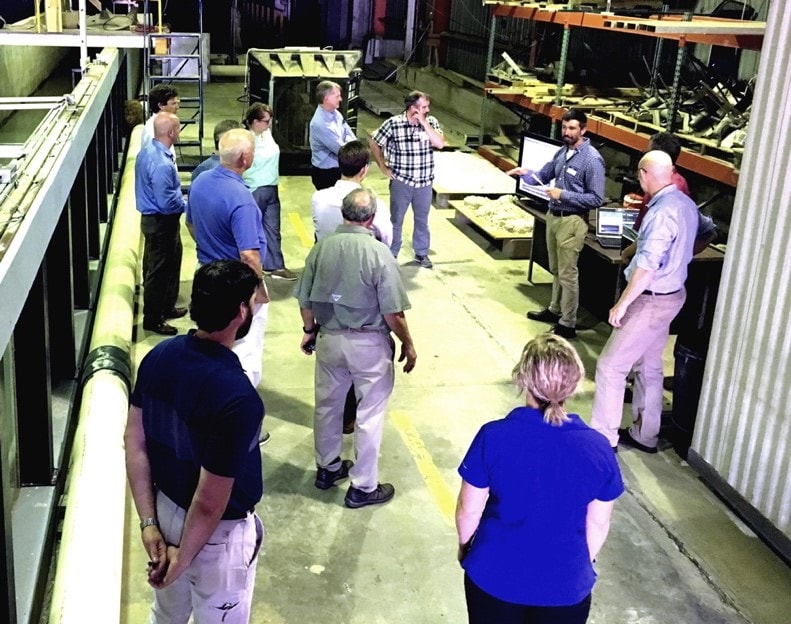
Both Brian and Todd believe the opportunity in the 21st century is tremendous – to create infrastructure that supports a whole range and variety of value and benefits for communities, the environment, and the economy. N-EWN will work to prepare the engineers, ecologists and social scientists of the future and to advance our capabilities to deliver these infrastructure solutions. In reflecting on the opportunities for Engineering With Nature in the future, Todd quoted a popular song from the 1980s: “The future’s so bright, you gotta wear shades.”
The Future’s so bright, you gotta wear shades
Check out an EWN Seminar about the N-EWN: EWN Seminars – Engineering With Nature (dren.mil)




